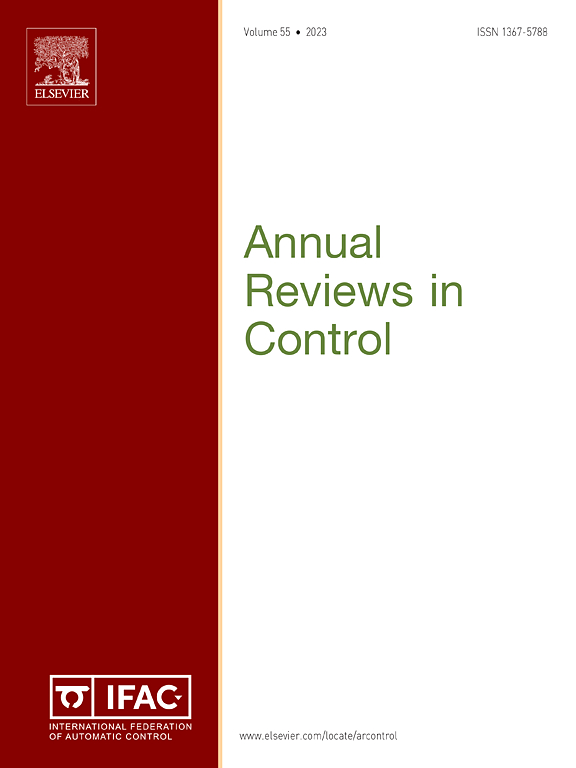Implementation of deep reinforcement learning in permanent magnet synchronous motors control: A review
IF 10.7
2区 计算机科学
Q1 AUTOMATION & CONTROL SYSTEMS
引用次数: 0
Abstract
Permanent Magnet Synchronous Motors (PMSMs) are recognized for high efficiency, torque-to-inertia ratio, and robust properties, making them ideal for the rapid development of electric vehicles, robotics, and the aerospace industry. Recently, Deep Reinforcement Learning (DRL) algorithms have gained significant attention in the control domain due to their independence from plant models and advanced decision-making capabilities. These features make DRL highly suitable for addressing challenges in PMSM control such as load disturbances, speed tracking, and parameter variations. This review explores recent DRL techniques applied to PMSM speed, current, and torque control. Discrete and continuous algorithms, including Deep Q-Network (DQN), Deep Deterministic Policy Gradient (DDPG), and Twin Delayed DDPG (TD3), are examined in terms of their basic principles, practical implementations, and the benefits they provide in overcoming challenges in PMSM control. In addition, to demonstrate the efficiency of DRL, the review provides a summary and comparison of DRL applied to optimize classical control methods elaborated within various PMSM control strategies. Comparisons of DRL implementations in PMSM control are highlighted to validate their real-time applicability in experiments, and potential areas for future research and improvement are outlined.
深度强化学习在永磁同步电机控制中的应用综述
永磁同步电机(pmms)以高效率、转惯量比和坚固的性能而闻名,使其成为电动汽车、机器人和航空航天工业快速发展的理想选择。近年来,深度强化学习(DRL)算法因其独立于植物模型和先进的决策能力而在控制领域受到了广泛关注。这些特性使得DRL非常适合解决PMSM控制中的挑战,如负载干扰、速度跟踪和参数变化。本文综述了最近应用于永磁同步电机速度、电流和转矩控制的DRL技术。本文对离散和连续算法,包括深度q -网络(DQN)、深度确定性策略梯度(DDPG)和双延迟DDPG (TD3)的基本原理、实际实现以及它们在克服永磁同步电机控制挑战方面提供的好处进行了研究。此外,为了证明DRL的有效性,本文总结和比较了DRL在各种永磁同步电机控制策略中用于优化经典控制方法的应用。重点比较了DRL在PMSM控制中的实现,验证了它们在实验中的实时性,并概述了未来可能的研究和改进领域。
本文章由计算机程序翻译,如有差异,请以英文原文为准。
求助全文
约1分钟内获得全文
求助全文
来源期刊

Annual Reviews in Control
工程技术-自动化与控制系统
CiteScore
19.00
自引率
2.10%
发文量
53
审稿时长
36 days
期刊介绍:
The field of Control is changing very fast now with technology-driven “societal grand challenges” and with the deployment of new digital technologies. The aim of Annual Reviews in Control is to provide comprehensive and visionary views of the field of Control, by publishing the following types of review articles:
Survey Article: Review papers on main methodologies or technical advances adding considerable technical value to the state of the art. Note that papers which purely rely on mechanistic searches and lack comprehensive analysis providing a clear contribution to the field will be rejected.
Vision Article: Cutting-edge and emerging topics with visionary perspective on the future of the field or how it will bridge multiple disciplines, and
Tutorial research Article: Fundamental guides for future studies.
 求助内容:
求助内容: 应助结果提醒方式:
应助结果提醒方式:


